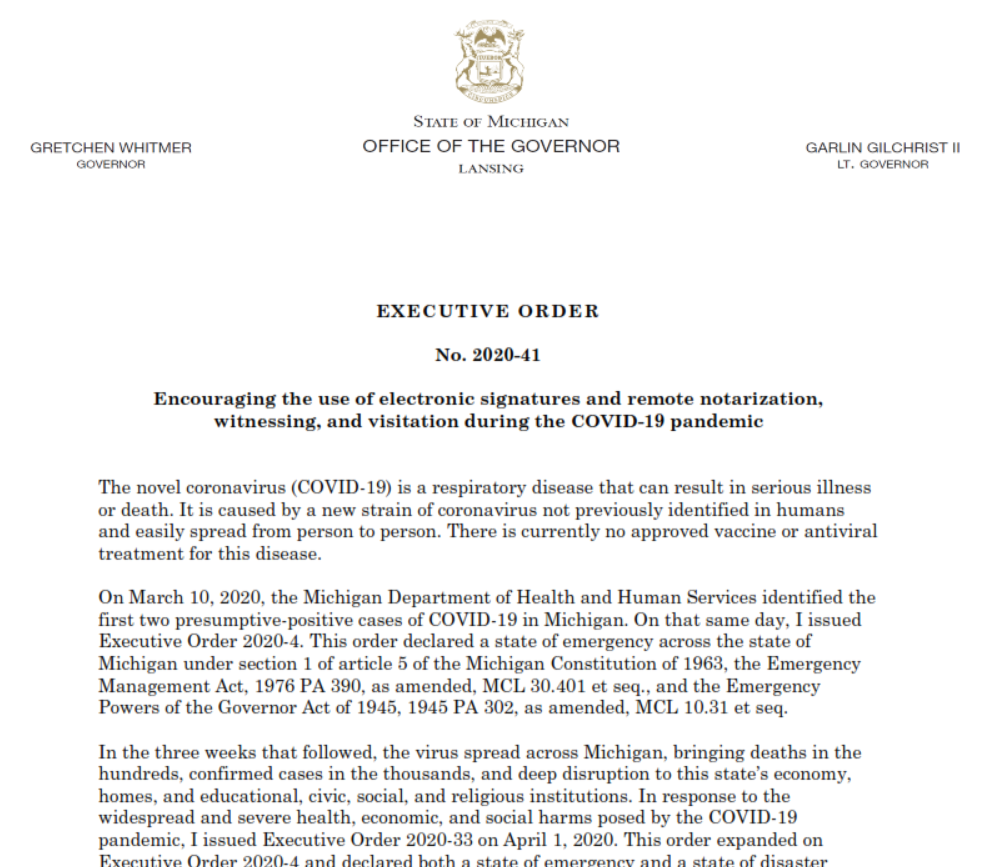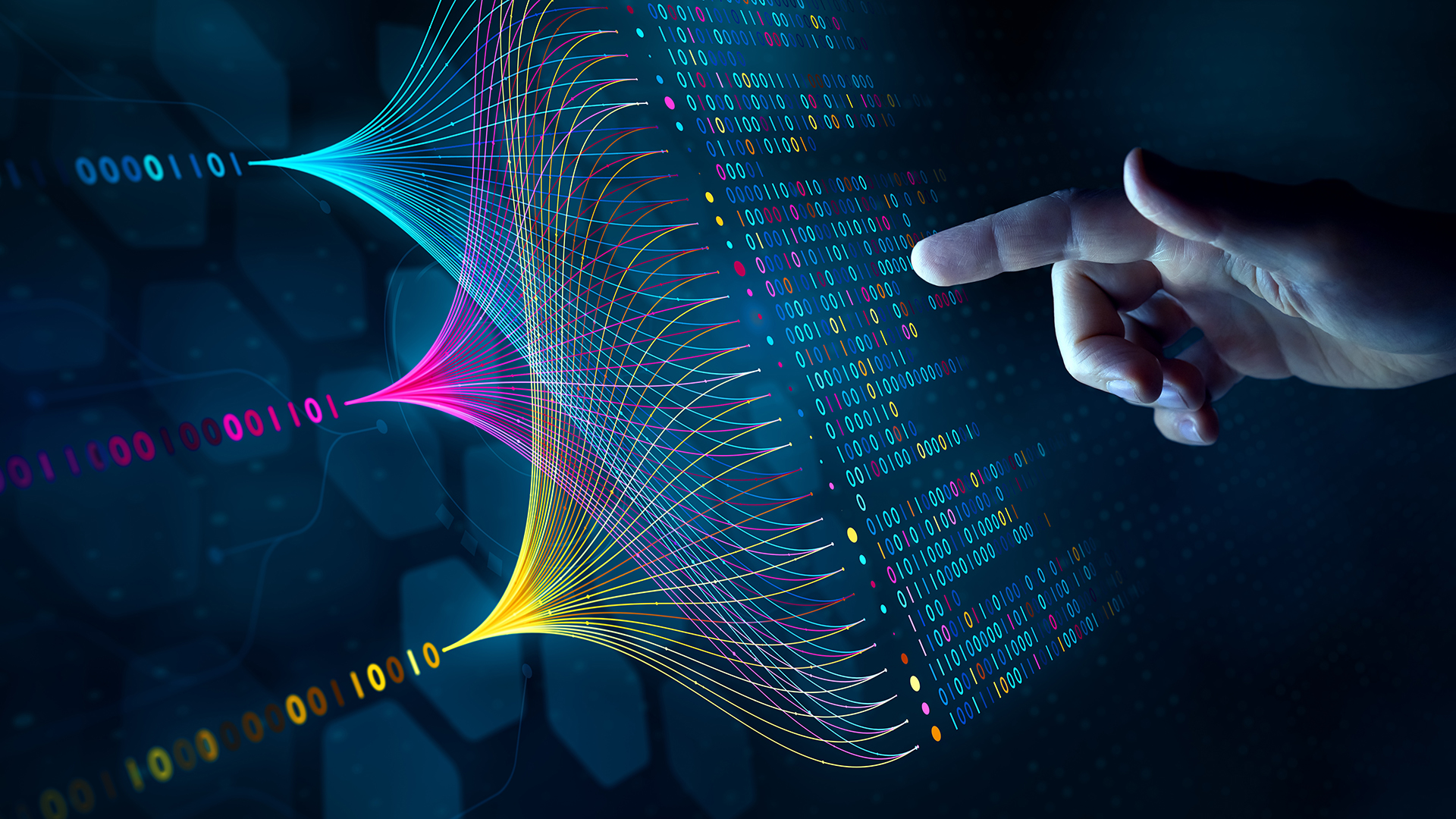Navigating Remote Notarization Laws: Digital Authentication Insights

The Evolution of Notarization: Embracing Remote Solutions
Traditional notarization processes have long been a staple in legal and business transactions, requiring individuals to physically appear before a notary public. However, the digital age has ushered in a transformative change with the advent of remote notarization. This article explores the nuances of remote notarization laws and the insights they bring to the realm of digital authentication.
Understanding Remote Notarization Laws
Remote notarization laws aim to provide a legal framework for notarizing documents without the need for physical presence. These laws govern the use of technology to facilitate virtual notarization, allowing individuals to access notary services remotely. The goal is to enhance convenience, efficiency, and accessibility in the notarization process.
Technological Foundations of Remote Notarization
Remote notarization relies on advanced technologies, including secure video conferencing and electronic signatures. These technologies enable notaries to verify identities and witness document signings in real-time, creating a digital alternative to traditional notarial acts.
Security and Authentication Protocols
Ensuring the security and integrity of remote notarization processes is a top priority. Laws governing remote notarization typically include strict security and authentication protocols. These measures may include multi-factor authentication, tamper-evident technology, and secure document storage to protect against fraud and unauthorized access.
Legal Recognition and Compliance
One crucial aspect of remote notarization laws is their legal recognition and compliance with existing notarial statutes. Jurisdictions adopting remote notarization laws work to align them with traditional notarial requirements, ensuring the validity and enforceability of digitally notarized documents.
Challenges in Remote Notarization Implementation
Despite the benefits, implementing remote notarization comes with challenges. Issues such as identity verification, cross-border transactions, and varying state regulations require careful consideration. Legislators and stakeholders continually work to address these challenges and create a standardized approach to remote notarization.
Consumer Protections in Remote Notarization
Remote notarization laws often include provisions to protect consumers. These may involve requirements for notaries to undergo specific training on remote notarization technologies and procedures. Additionally, laws may outline the responsibilities of technology providers to maintain secure platforms.
The Role of Notaries in a Digital Landscape
The shift to remote notarization redefines the role of notaries in a digital landscape. Notaries must adapt to new technologies and stay abreast of evolving legal frameworks to effectively serve clients in both traditional and remote settings. Professional organizations and educational programs play a vital role in supporting notaries through this transition.
Adoption and Trends in Remote Notarization
The adoption of remote notarization has seen a significant uptick, driven by the need for contactless transactions and the recognition of digital solutions. As more jurisdictions embrace remote notarization laws, industry trends indicate a continued shift towards streamlined, tech-driven notarial processes.
The Future of Remote Notarization Laws
The future of remote notarization laws is dynamic, with ongoing legislative developments and technological advancements. The legal landscape will likely evolve to accommodate emerging technologies and address any challenges that arise. Stakeholders across legal, technological, and regulatory domains will play a crucial role in shaping the future of remote notarization.
In conclusion, the intersection of technology and notarization has given rise to a new era in document authentication. Remote notarization laws pave the way for secure, efficient, and accessible notarial services in an increasingly digital world.
For more information on Remote Notarization Laws, visit Star Mountain Resources.









